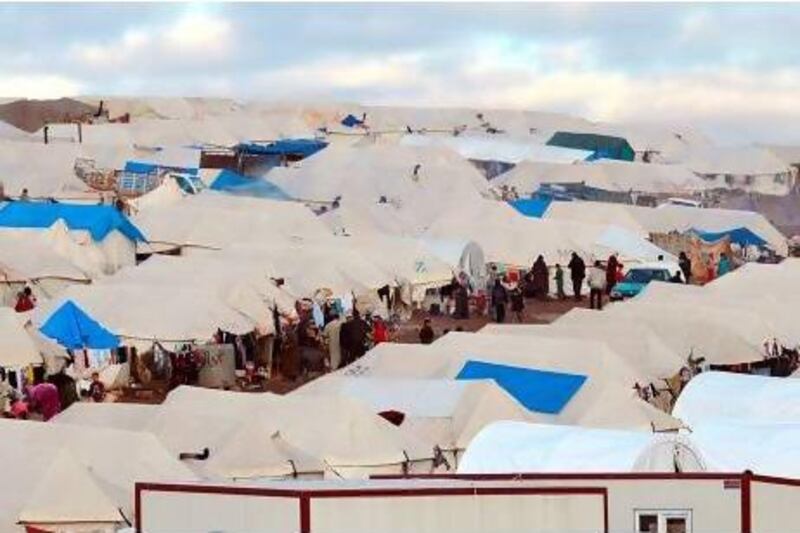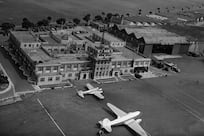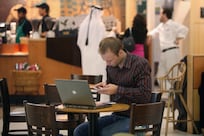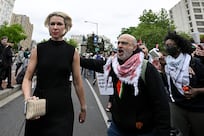DUBAI // The UN’s refugee agency says it is not disappointed by the UAE’s decision to distribute its own Dh1.1 billion in humanitarian aid to Syrian refugees.
But a visiting official from the UN relief organisation urged the Government to focus on shelter, health, education and psychological support of refugees and their children.
Last month, the UAE pledged US$300 million for hundreds of thousands of Syrians devastated by the continuing civil war.
“We are not disappointed if they are going on their own or if the assistance goes to the host governments,” said Imran Riza, the Saudi-based GCC representative for the UN High Commissioner for Refugees.
"Host governments need support … we welcome this and the UAE's recent donation of 2,000 pre-fabs [caravans] given to Jordan.
"We are asking them to continue what they are doing in distribution, planning and execution."
Mr Riza is in the Emirates on a two-day visit to follow up on the International Humanitarian Pledging Conference for Syria held in Kuwait in January.
His comments come after Sheikh Mohammed bin Zayed, Crown Prince of Abu Dhabi and Deputy Supreme Commander of the Armed Forces, said the aid would go directly to the Syrian people and would be supervised by the UAE.
Sheikh Mohammed said this would alleviate concerns raised by the Syrian opposition that the UN’s relief strategy had been drafted in cooperation with the regime in Damascus.
UN estimates show more than 750,000 Syrians fled to Lebanon, Jordan, Turkey and Iraq last month. More than 50 per cent of them were children.
“The key areas are shelter, non-food items, water and sanitation, health, education and psycho-social support,” Mr Riza said.
“Half of the refugees are children and of this, 39 per cent are below the age of 11.
“In the sense, it is a children’s crisis. We see how traumatised the children are and hence, psycho-social support becomes very important.”
He called on the UAE and Arabian Gulf states to focus on the urgent needs of refugees and avoid duplication of aid.
“None of us have sufficient funds to meet everything. We have to be as efficient as possible by planning together,” Mr Riza said.
“The areas covered by one donor must not be duplicated, given that there are so many partners. Through good communication and coordination, we will be able to prioritise urgent needs.”
He said the regugees’ needs were intensifying, with up to 4,000 Syrians arriving in Jordan every night.
Lebanon has the largest number of refugees, with more than 245,000 registered or waiting to be registered, followed by Jordan, which is providing a haven for more than 235,000 Syrians.
The UN official said his agency shared a “close history” with the UAE and had worked closely with government organisations, particularly the Red Crescent Authority, in many conflict situations. International Humanitarian City in Dubai hosts the largest UNHCR emergency stockpile in the world.
Last year, 112 shipments were sent to countries such as Syria, Jordan, Turkey, Lebanon and Iraq.
This included 25,800 tents, 312,110 blankets, 235,200 sleeping mats, 15,000 buckets, 81,760 kitchen sets, 83,300 jerrycans, 10,000 plastic sheets and 937 plastic rolls.
This year, the agency has so far sent 4,000 tents, 25,000 blankets, 15,000 sleeping mats, 6,336 kitchen sets, 6,200 jerrycans, 3,000 buckets, 120 plastic rolls, and four prefabricated warehouses, mostly to Jordan to support Syrian refugees.






